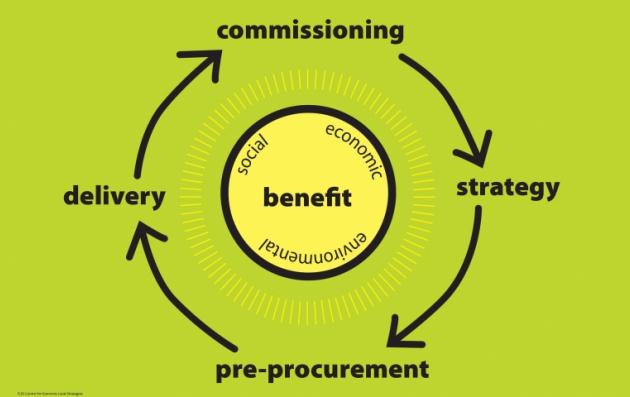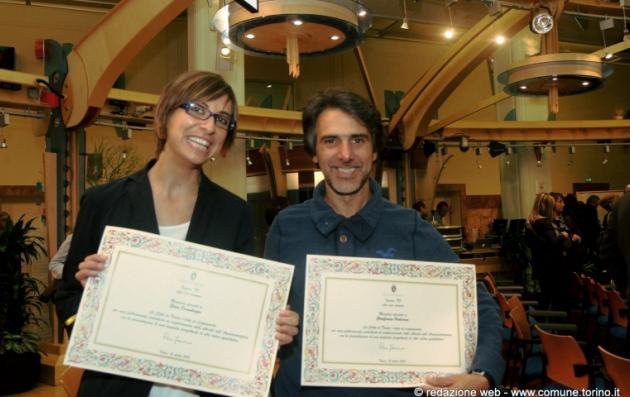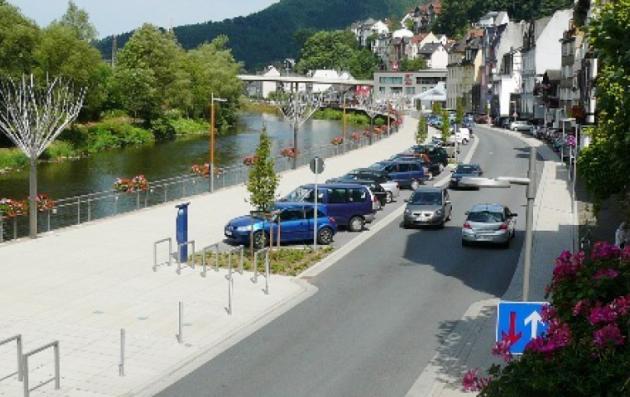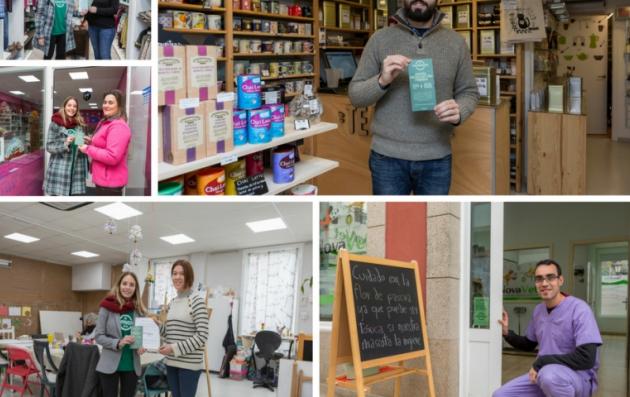Internationalisation for sustainable future
Active management of internationalization in a medium sized university city in order to remain the vibrant local hub in the global knowledge economy

- Local economy
Summary
Groningen (NL), like many university cities, is becoming increasingly international. This is driven by demographic need and opportunity in the knowledge economy. The good practice represents an integrated approach to internationalization to ensure a sustainable future for the city. Groningen is small and traditionally regionally oriented, thus the large-scale internationalization is a relatively new phenomenon for the town. The city manages complex processes included in an integrated and participative programme which addresses four key aspects: housing, work, city living and communication. The programme aims at attracting, retaining and integrating new residents while maintaining a high level of social cohesion and liveability. It contributes to a sustainable economic, demographic and cultural future and makes Groningen an attractive home for locals and internationals.
The solutions offered by the good practice
Our good practice addresses both the external objective of remaining competitive in a globalized knowledge economy, and the internal objective of maintaining the high social cohesion and livability that make Groningen such an attractive city. Thus we provide an integrated practice for achieving resilience in a global setting. We achieve these goals by actively managing internationalization along four key dimensions: housing, work, city living and communication. Projects address problems in these areas as follows:
- combined on- and offline platform will improve access to local housing and housing support,
- a broad regional programme “Make It in the North” will open up access to the local SME sector and international knowledge migrants (through jobs portal, internship programmes and network events), thereby also adding to the innovative capacity and global reach of local enterprises,
- several “city living” projects will make the cultural and physical life of the city more accessible to new residents by improving way-finding off- and online,
- matchmaking organisation and events, to provide language support and social integration between locals and international residents,
- a new city site will provide English-language information for prospective and new residents of the city, and contribute to Groningen’s international profile. These projects are coordinated and managed by a multidisciplinary team with local and international members.
Building on the sustainable and integrated approach
Our integrated good practices for managing internationalization represent sustainable urban development by contributing directly to the demographic resilience, economic vitality and social cohesion of the city and its surroundings. In particular, we address inclusion by a calendar of events to stimulate and facilitate interaction between old and new residents and are exploring the possibility to include refugee groups in these too. Indirectly, we contribute to the knowledge areas prioritized by the local educational institutions: energy, sustainable society and healthy ageing, all of which are underpinned by sustainable development goals. In terms of our approach, the scope and coordination of the International Groningen programme represent both horizontal and vertical integration. The projects combine physical interventions in the city (e.g. street signage, clubhouse), with community building programmes and coordinated, online information channels to improve access to local facilities, networks and (job) opportunities, and interaction between internationals and locals. The deep vertical integration of the programme is evidenced by the support of the “Akkoord van Groningen”, a high-level strategic partnership between the municipality and the higher educational institutions, as well as the broad participation of regional bodies and the private sector in sub-projects such as the Make It in the North initiative.
Based on a participatory approach
The International Groningen programme is fundamentally participatory in its nature. At a strategic level the entire programme is supported by the Akkoord van Groningen, a unique partnership between the municipality and the higher educational institutions in the city. For relevant sub-projects, such as the Make It in the North to open up the regional job market to internationalisation, a much wider group of stakeholders is actively involved, including SME organisations from the surrounding provinces, the provincial government etc. The projects which comprise the programme have been developed and implemented by mixed teams of municipal and university employees, international residents operating on a freelance basis, international students and interns. In the development phase we have worked extensively with focus groups consisting of international residents and local student project groups to better understand how internationalisation is experienced and what the key challenges for the city are. Additionally, the proposed projects have been presented in diverse contexts, such as to the University’s Council and Advisory Board, the municipal board, Dutch diplomats from northern Netherlands and regional representatives.
What difference has it made?
It is difficult to show hard evidence of the effectiveness of the policies, as during the life-time of the policies (2017-2021) 2 mayor trends happened: the Covid -pandemic put an effective halt to migration, and, even during the pandemic, the number of internationals is growing faster than we can cope with. We have to prioritize in order to make sure that all newcomers can actually live in the city.
Due to the migration-saldo, Groningen has a growing population, with a greater growth than average with comparable cities.
So, attractiveness is there, but the policies are strained due to lack of sufficient structural funding and due to increasing demand for services. We do see local impact along several key lines:
- The topic has risen on the local and regional political agenda, thanks to the Akkoord van Groningen,
- Internationals are becoming more engaged as we ask them to join project teams and focus groups,
- Cultural stakeholders and companies are seeing ‘the international’ more and more as a potential interesting target group they have to facilitate in new ways,
- The municipality starts to embrace internationals in other policy fields as well, such as public transport, health care etc.,
- We have outside interest from other secondary Dutch cities
Transferring the practice
Groningen led the Welcoming International Talent Network over 2.5 years, transferring its practices to 6 other cities: Magdeburg (Germany), Parma (Italy), Bielsko-Biala (Poland), Debrecen (Hungary), Zlín (Czech Republic) and Leuven (Belgium). You can, in particular, check Debrecen‘s Good practice here. The approach was based on 5 themes on which Groningen focused and adjusted to each partner city: Cross-cutting issues ( effective governance: stakeholder co-ordination, empowering and engaging the internationals effectively), Facilities (access to housing, medical services, amenities, help with bureaucracy), Branding and marketing, Improving integration/incorporation and mutual appreciation, and Improving labour market integration
-
345_Groningen_GPsummary.pdf(PDF, 239Ko)



















